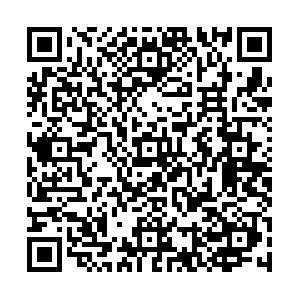“理解”的三重意义——兼论儒家经典的诠释问题
作者简介:景海峰,深圳大学国学院、哲学系教授(广东深圳 518060)。
摘要: 作为诠释学的重要概念,“理解”至少包含了三层意思:一是就阅读过程中的语文学意义而言,我们把握了文意,并且能够围绕着文本的脉络来展开有效的解释;二是凝思于“理解”本身,从作者、读者和文本这三者之间的结构关系入手,来说明理解的发生过程及其条件,以追寻可能的、更为深刻与恰切的解释;三是并不在意于理解的具体内容和究竟理解了什么,而是把理解的过程视为是自我反思的一种镜像,透过理解活动来确证自我存在的意义,从本体论上说明“理解何为”。古典意义的诠释活动大多是围绕着“理解”的第一重意思来展开的,局限于以文本为中心的工作;而近代以来的西方诠释学则重点探讨了“理解”自身的问题,建构起不同的诠释哲学系统;到了哲学诠释学的出现,“理解”变成存在论哲学的核心概念,与以往的方法论范式划开了界限。就儒家经典的“理解”意蕴而言,正在经历一场从传统向现代的转变,如何借助于诠释学的方式,摆脱科学方法论的局限和主客二分模式所造成的窘境,不再陷入简单的对于经典的理解观念之中,而是有一个更为开阔的视野,这对于“活化”经典来讲,将是大有裨益的。因为我们今天对这些经典的渴望情绪和无限期待,正是随着对整个文明传统的理解而在不断加深的,越是植入“自我”的想象,与这个传统的联系便越是紧密,这种理解的现实感也会变得越发的强烈。
The Triple Meanings of “Understanding”—Also Discussing the Interpretation of Confucian Classics
Abstract: As an important concept in hermeneutics, "understanding" encompasses at least three layers of meaning. Firstly, in terms of the philological significance during the reading process, we grasp the meaning of the text and can effectively interpret it by following the text's context. Secondly, by contemplating "understanding" itself and starting from the structural relationship between the author, the reader, and the text, we illustrate the process and conditions of understanding in order to pursue possible, deeper, and more appropriate interpretations. Thirdly, rather than focusing on the specific content of understanding or what is understood, the process of understanding is viewed as a mirror of self-reflection, through which the significance of self-existence is confirmed, and "what understanding is" is explained from an ontological perspective. Most interpretation activities in the classical sense revolve around the first layer of meaning of "understanding", limited to text-centered work. Western hermeneutics since modern times, however, has focused on exploring the issue of "understanding" itself, constructing different philosophical systems of interpretation. With the emergence of philosophical hermeneutics, "understanding" has become a core concept in existential philosophy, marking a departure from the previous methodological paradigm. In terms of the implications of "understanding " in Confucian classics, a transition is occurring from tradition to modernity. How to leverage hermeneutics to transcend the limitations of scientific methodology and the dilemma caused by the subject-object dichotomy, avoiding simplistic notions of understanding the classics, and adopting a broader perspective, will be greatly beneficial for "revitalizing" the classics. Our eagerness and anticipation for these classics today are deepening along with our understanding of the entire civilizational tradition. The more we infuse our "self" into the imagination, the closer our connection to this tradition becomes, and the stronger the sense of reality in this understanding grows.

 点击查看大图
点击查看大图


 下载:
下载:
 沪公网安备 31010102003103号
沪公网安备 31010102003103号